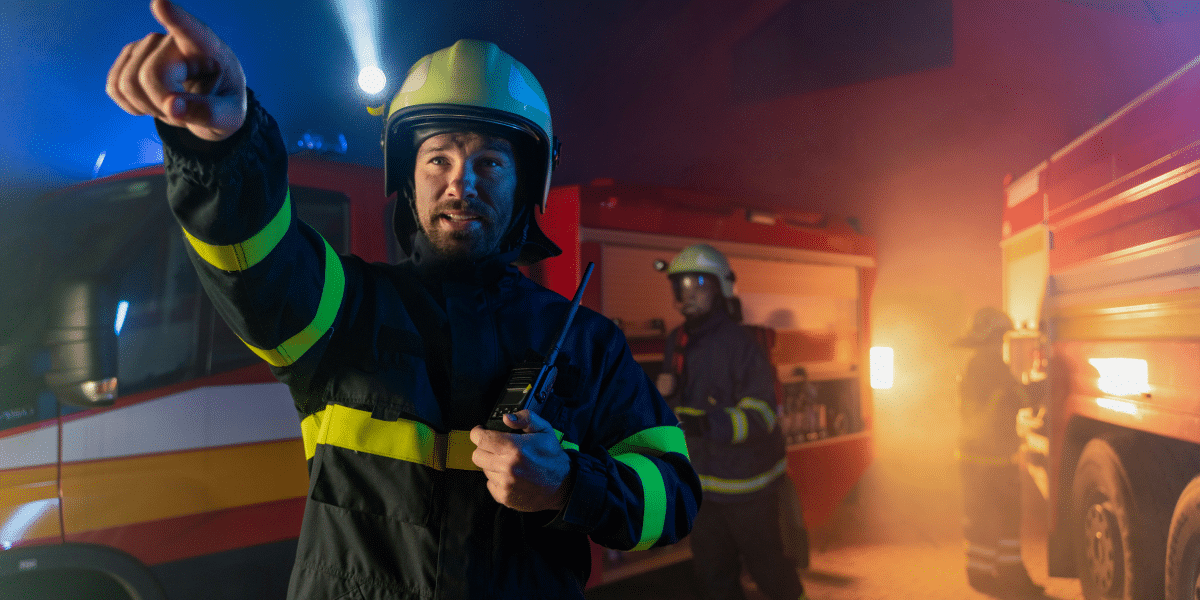By: Joshua Finley
Sexual assault is a profoundly traumatic experience that affects survivors physically, emotionally, and psychologically. Friends and family members can play an important role in supporting survivors on their journey toward healing and seeking justice. This article explores effective ways for friends and family to assist sexual assault survivors, emphasizing the importance of seeking guidance from mental health professionals and legal experts, such as a compassionate Bronx injury law firm, to navigate the legal aspects of the situation.
1. Believe and Validate: One of the most crucial aspects of supporting a sexual assault survivor is believing their story and validating their feelings. Many survivors face skepticism and disbelief, making it crucial for friends and family to offer a safe and supportive environment where they feel heard and believed without judgment.
2. Encourage Professional Support: Encourage survivors to seek professional help from therapists, counselors, or support groups. Trained mental health professionals can offer emotional support and coping strategies, which may aid survivors in their healing process. Additionally, connecting survivors with organizations specializing in assisting victims of sexual assault may provide valuable resources and foster a sense of community.
3. Respect Autonomy: Support the survivor’s autonomy by encouraging them to make their own decisions about reporting the assault, seeking therapy, or involving law enforcement. Avoid pressuring them into actions they are not comfortable with, as regaining control over their lives is a vital part of the healing process.
4. Be a Listener: Be a compassionate and non-judgmental listener. Survivors may need to share their experiences repeatedly as they process their trauma. Offering a listening ear can provide immense relief and comfort. Avoid offering unsolicited advice or opinions, and simply be there to support them emotionally.
5. Accompanying to Legal Consultations: If the survivor decides to pursue legal action against the perpetrator, offer to accompany them to consultations with legal experts, such as a Bronx personal injury lawyer experienced in handling sexual assault cases. A supportive presence during legal discussions may help provide comfort and reassurance to the survivor.
6. Understand Legal Rights: Educate yourself about the survivor’s legal rights and options. Knowledgeable Bronx injury lawyers can help survivors understand their legal options, including the possibility of filing a civil lawsuit for damages. Understanding these options empowers survivors to make informed decisions about seeking justice.
7. Respect Triggers: Be mindful of potential triggers that might cause distress to the survivor. Avoid discussing or sharing content related to sexual assault unless the survivor initiates the conversation. Respect their boundaries and be sensitive to their emotional needs.
Contact a Bronx Injury Attorney
Supporting a sexual assault survivor requires patience, empathy, and understanding. Friends and family members can significantly contribute to the survivor’s healing process by providing unwavering support and encouragement. Seeking guidance from mental health professionals and legal experts, such as compassionate Bronx injury attorneys experienced in handling sensitive cases, can provide survivors with the necessary tools and resources to navigate the emotional and legal challenges they face. By supporting survivors with empathy and respect, friends and family can contribute meaningfully to their journey toward healing, seeking justice, and reclaiming their lives.
Published by: Annie P.












